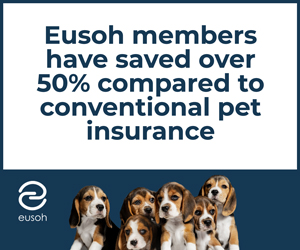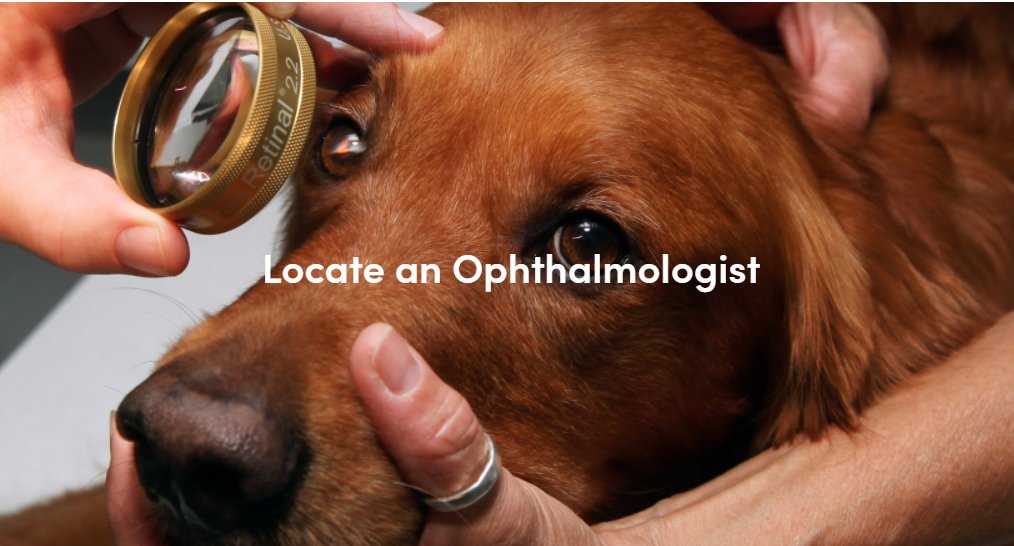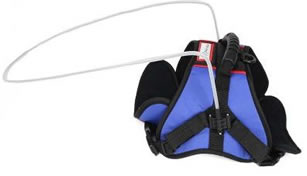Diagnostic Procedures
I strongly recommend hunting down a Veterinary Opthomologist if the problem seems serious. They have the proper equipment to look into the eye and make a correct diagnosis.
Sometimes a neurologist is needed for a proper diagnosis.
Search Canine Neurologists by Zip Code HereYour local veterinarian may also conduct specific tests to assess the dog’s visual capacity. Examination of the function of the cranial nerves is essential to a diagnosis of the possible causes of blindness. This includes assessing: \
- the “menace response" (how the dog reacts to a hand or other object being moved rapidly towards its face)
- the size and symmetry of the pupils
- the pupillary light reflexes (PLRs)
- the dazzle, palpebral and corneal reflexes
- the vestibulo-ocular reflex
- facial nerve function/facial sensation and
- motor function of the muscles of the eyes and face.
Your veterinarian can provide you with the details of these various vision tests.
Another common test of vision is to observe the dog in a dark, familiar room in which the furniture has been rearranged. The same test can then be done with the lights on. A blind dog will react the same way in both situations, while a dog with some vision will react more normally when the lights are on.
When the local veterinarian cannot determine the cause of blindness, she typically will refer the owner and patient to a specialized veterinary ophthalmologist for advanced testing. This might include:
- electroretinography, to assess retinal function
- a tap of the cerebrospinal fluid
- vitreous centesis, with culture, titers and cytologic (cellular) assessment of the sample
- evaluation of visual-evoked potentials
- magnetic resonance imaging (MRI) and/or 6) computed tomography (CT scan).
A diagnosis of vision impairment or loss should not be taken as a catastrophe or a death sentence. Most dogs normally rely more on their senses of smell and hearing than they do on their sense of sight. As vision fails, a dog’s hearing and smell become even more acute, which usually helps the dog navigate familiar rooms and areas.
I also highly recommend the aide called Muffin's Halo....it lets your dog safely navigate without bumping into things and hurting himself. Probably one of the best inventions out there for blind dogs!






















